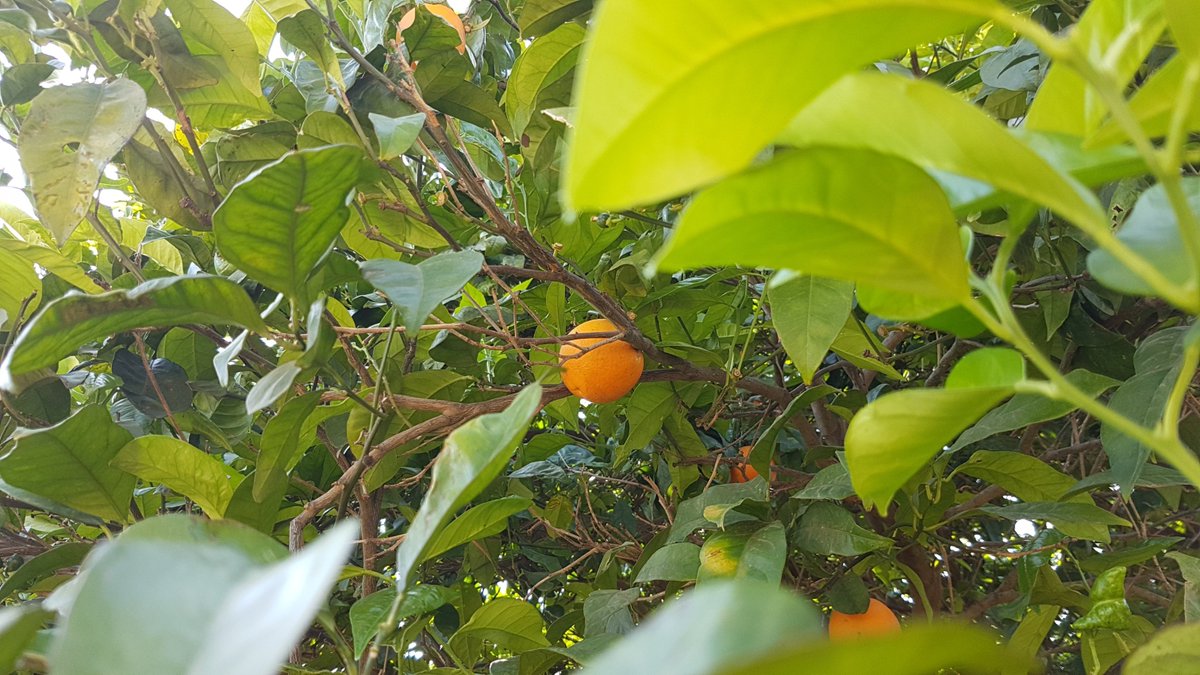Summary is here: givingevidence.files.wordpress.com/2019/01/press-…
Half of our survey respondents said that they use academic journal articles ‘never’ or ‘hardly ever’.
Supply is small. We looked at (a) studies conducted anywhere, which include data about UK charities and/or giving, and (b)studies by the UK specialist centres, both since 2006.
That smallness is striking but no criticism of anybody. It’s probably a function of funding.
Many studies *address* issues about effectiveness (e.g, collaboration, governance modes). But few use methods capable of providing rigorous answers: we found only 7 RCTs and 7 systematic reviews.
Most studies look at phenomena / behaviour unique to these sectors, eg., #fundraising and managing volunteers. There’s an opportunity to ‘translate’ some of the wider #management lit for use by charities and donors.
(b) the consultation method could be used in many areas where charities & funders work.
(c) if you’re interested in collaborating on any of this, pls get in touch.
The method that we have used here could be used much more broadly – and we are happy to discuss that.









